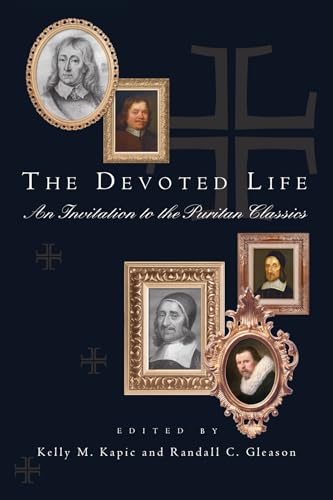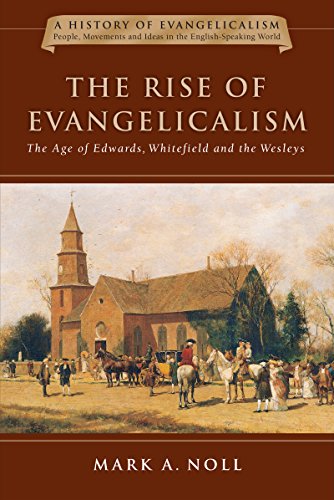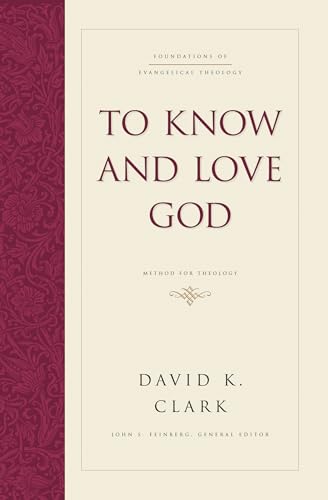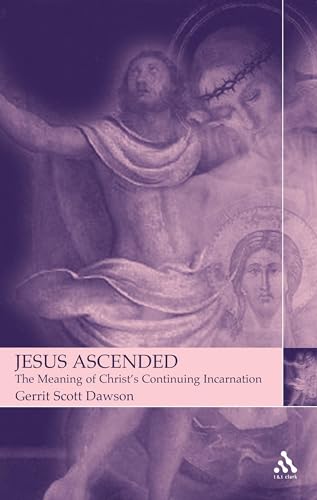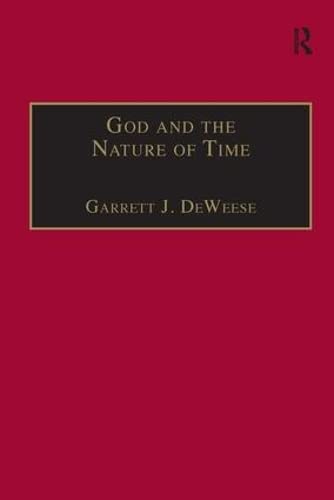THE DEVOTED LIFE
Written by Kelly M. Kapic and Randall G. Gleason (Eds) Reviewed By Geoffrey GroganThe word ‘Puritan’ so often suggests harsh negativism and rigid legalism, but in fact there is a wonderful warmth in much they wrote, and their works profoundly influenced Christian communicators as diverse as P.T. Forsyth, Martyn Lloyd-Jones and C.S. Lewis, the last of whom was forever stressing the value of reading older classics. This introduction to the Puritan literature, aimed at scholars and educated lay people alike, does not stop at the Act of Toleration, but included later authors like Thomas Boston and Jonathan Edwards, who had the same approach as those writing earlier.
As Puritanism is so often misunderstood, it is helpful to have its main emphases clearly outlined. It is described as a movement of Christian spirituality stressing communion with God, with strong emphasis on the Bible and on Biblical preaching, emphasising the radical nature of both sin and grace, focusing on the inner work of the Holy Spirit, opposed to Anglo-Catholic sacramentalism, and concerned about spiritual revival. The Puritans differed much politically, ecclesiastically (for they included Anglicans, Separatists, Independents, Presbyterians and Baptists), and even on other theological matters, but were united on these central concerns.
The book’s twenty writers include James Packer, Sinclair Ferguson and Mark Noll, and they discuss publications by William Perkins, Richard Sibbes, William Ames, Thomas Goodwin, John Cotton, Richard Baxter, John Owen. Thomas Shepard, Samuel Rutherford, John Milton, John Howe, John Bunyan, John Flavel, Anne Bradstreet, Edward Taylor, Thomas Watson, Matthew Henry, Thomas Boston and Jonathan Edwards. There is interesting biographical information, but the focus is mainly on one book by each writer. There are well-known classics, like Bunyan’s Pilgrim’s Progress, Baxter’s Reformed Pastor, Milton’s Paradise Lost and Rutherford’s Letters, but also many that are undeservedly neglected. Are even these acknowledged classics read as much today?
‘But I am a student and have been given long reading lists of the latest works!’ Quite so, but your heart needs preparation as well as your head, and all these books stimulate the mind but also profoundly move the heart and engage the will. How profoundly satisfying and yet challenging, for instance, is Edwards’ Religious Affections! The present renewed interest in him as a major evangelical theologian and philosopher is long overdue. Many of these works are not difficult to read, but do not start with John Owen! His work is demanding but immensely rewarding, a must for reading at some stage.
The Puritans even show us how perennial some issues are, for in reading the book I was struck by the way they anticipated some more recent theological trends while providing a healthy antidote to others, and always with an eye to a Biblical balance of truth. Richard Lovelace, for instance, is right when he says, ‘Edwards appears to be a remarkably modern Christian, one who travels readily between the Bible and the daily paper’. Does Liberation theology insist on the unity of theology and life? So did the Puritans. Do contemporary scholars think deeply about hermeneutics? So was Perkins. Did Eichrodt’s influential Old Testament Theology find in covenant an overarching theme? So does Ames, while Sibbes would have heartily applauded the many theologians today who have ‘re-discovered’ the centrality of the doctrine of the Trinity.
What will surprise some readers is how attractive much of this literature is. So much of it presents Christ in all his heart-warming loveliness. Certainly there is occasional harshness, not covered up in the book, but this arose from the conditions of the times and should be seen as such.
Geoffrey Grogan
Glasgow


